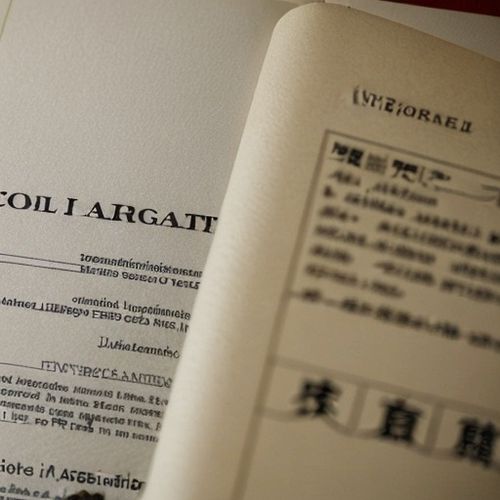Sweden has long been recognized as a pioneer in progressive family policies, and its approach to cohabitation and parental rights is no exception. The country's legal framework surrounding the rights of unmarried couples who choose to live together and raise children reflects a deep commitment to equality and individual autonomy. Unlike many other nations, Sweden does not draw sharp distinctions between married and unmarried couples when it comes to parental rights, making it a fascinating case study in modern family law.
The concept of "samboende" (cohabitation) holds significant legal weight in Swedish society. Couples who live together for extended periods, particularly those with children, enjoy many of the same rights and responsibilities as their married counterparts. This egalitarian approach stems from Sweden's historical emphasis on gender equality and the belief that family structures should adapt to societal changes rather than conform to traditional norms.
When it comes to parental rights, Swedish law operates on the principle that the child's welfare always comes first. The Parental Code (Föräldrabalken) establishes that both parents have equal rights and obligations toward their children, regardless of marital status. This means that a father who has lived with the mother has essentially the same legal standing as a married father, provided paternity has been established. The system actively encourages both parents to be involved in their child's life, with generous parental leave policies supporting this ideal.
Establishing paternity in cohabiting relationships follows a straightforward process in Sweden. If the parents are unmarried, the father can acknowledge paternity at the hospital when the child is born or later at a tax office. Both parents must consent to this acknowledgment unless the man is already registered as the father in the population register. In cases where paternity is disputed, the matter can be resolved through DNA testing arranged by the social welfare committee.
Sweden's approach to child custody further demonstrates its commitment to equality between cohabiting and married parents. The default position is joint custody, which applies automatically to married couples and can be easily arranged for unmarried couples through a simple notification to the tax authority. This system ensures that both parents maintain legal responsibility for their child even if the relationship ends, unless there are compelling reasons to grant sole custody to one parent.
Financial responsibilities are also equally distributed between cohabiting parents. Both parents are obligated to contribute to their child's maintenance based on their respective incomes. The Swedish Enforcement Authority can intervene to ensure child support payments are made if parents separate. Interestingly, the law even allows for retroactive child support claims in some circumstances, reinforcing the seriousness with which Sweden treats parental obligations.
The country's parental leave policy deserves special mention as it perfectly complements its approach to cohabitation rights. Sweden offers 480 days of paid parental leave that can be shared between parents, with specific months reserved for each parent to encourage equal participation. This policy applies equally to married and cohabiting couples, removing any financial disincentives for unmarried parents to have children together.
Property rights represent one area where cohabiting couples have fewer protections than married couples under Swedish law. While parental rights are well-protected, the division of property after separation follows different rules for unmarried couples. This has led to ongoing debates about whether the legal distinction between married and cohabiting couples should be maintained in this aspect, given how similar their parental rights and responsibilities are.
Sweden's progressive stance extends to same-sex cohabiting couples as well. Since 2003, same-sex couples have enjoyed the same rights as opposite-sex couples regarding parenting, including adoption and assisted reproduction. The legal recognition of same-sex relationships, first through registered partnerships and later through marriage, has further solidified these rights, making Sweden one of the most inclusive countries for LGBTQ+ families.
The Swedish model demonstrates how legal systems can evolve to reflect changing family structures without compromising children's rights or well-being. By focusing on the substance of relationships rather than their formal status, Sweden has created a system that respects individual choices while ensuring all children have equal protection under the law. Other countries looking to modernize their family laws might find valuable lessons in Sweden's balanced approach to cohabitation and parental rights.

By /Jun 17, 2025

By /Jun 17, 2025

By /Jun 17, 2025

By /Jun 17, 2025

By /Jun 17, 2025

By /Jun 17, 2025

By /Jun 17, 2025

By /Jun 17, 2025

By Sophia Lewis/Apr 19, 2025

By Elizabeth Taylor/Apr 19, 2025

By James Moore/Apr 19, 2025

By Rebecca Stewart/Apr 19, 2025

By Ryan Martin/Apr 19, 2025

By James Moore/Apr 19, 2025

By Sarah Davis/Apr 19, 2025

By George Bailey/Apr 19, 2025

By James Moore/Apr 19, 2025

By Amanda Phillips/Apr 19, 2025